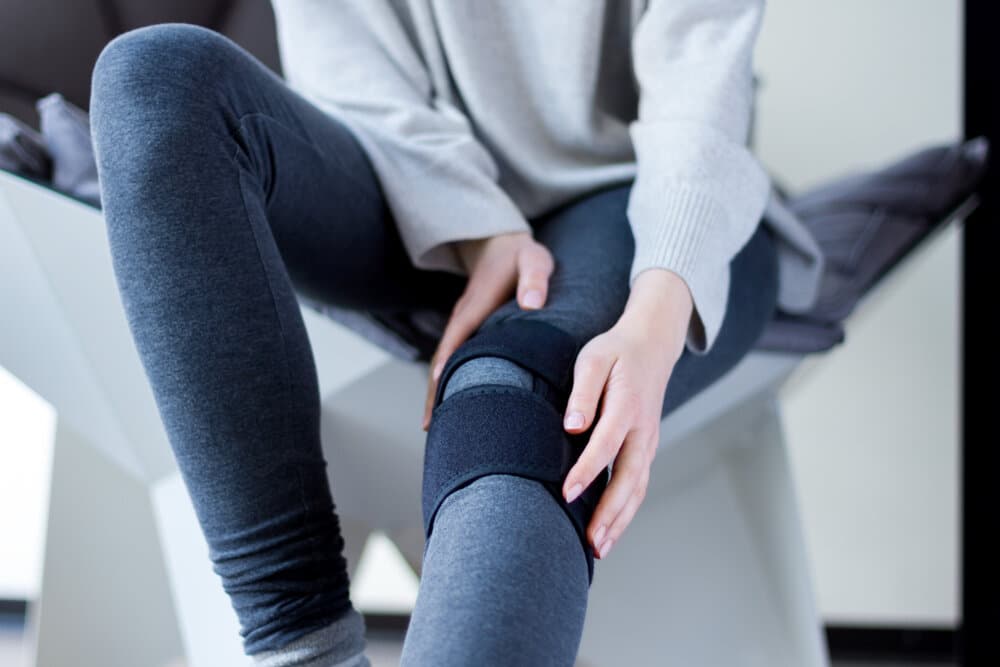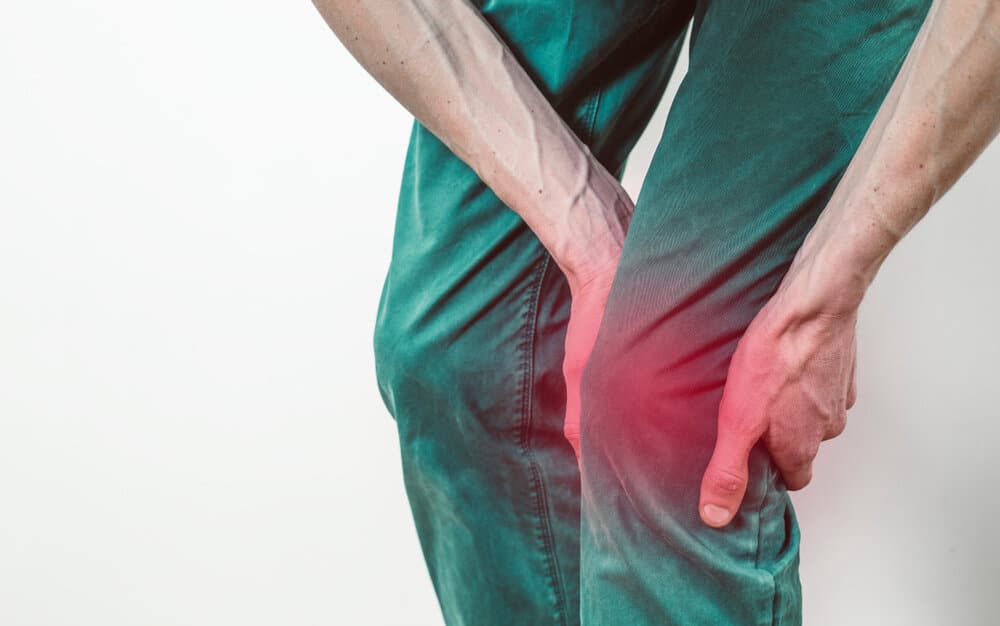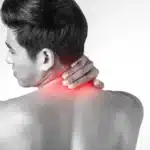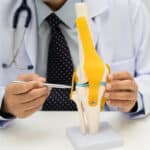
An expert basketball player’s agility and quickness is worth watching. Their move is so swift and smooth that it seems they have no bones. But these twists and turns, seemingly straightforward, can come at a cost if a wrong move is made.
These kinds of movements may, in particular, lead to a ripped meniscus. Some athletes especially in contact sports are at risk for meniscus tears, but this is one of the most prevalent knee injuries. No matter their age or activity, everyone can suffer from them.
You may still stand and walk with only some pain, depending on the severity of the tear following the initial injury. That may lead you to believe a small injury to a meniscus tear. You cannot wait for treatment and play through the pain, right? It is better to seek sports medicine and heal the injury before heading to the ground again.
Leaving yourself untreated, a meniscus tear can limit your daily life and your ability to take part in sport. In severe cases, long-term knee problems, such as arthritis, may develop. Furthermore, it can pull fragments of your cartilage into the joint with a torn meniscus that cause greater knee problems, which in the future may require more significant surgery.
What Is Torn Meniscus?
The knee joint is generally a hard, strong joint formed by three bones. But when rotating in certain directions, it is not necessarily the most flexible one. During certain activities particularly sports of touch you can tear down a wedge-shaped cartilage between your thigh and shinbone with the force and extent to which it twists your knees. Your meniscus is this cartilage. There are two meniscus wedges in each of your knees.
Symptoms:
You may have the following signs and symptoms in your knee if you have torn your meniscus:
-
A feeling of popping
-
Stiffness or swelling
-
Pain from twisting the knees
-
Hard to straighten your knee
-
Locked knee feeling while trying to move it

The Reasons
Any activity that forces you to twist your knee forcefully, like aggressive spinning, can produce a torn meniscus. Even a torn meniscus can be caused by kneeling, deep squatting, or heavy lifting.
Degenerative knee changes can contribute with little or no trauma to a rugged meniscus in older adults.
Complications
A ripped meniscus can give your knee a feeling of failure to normalize or persistent knee pain. Osteoarthritis in the injured knee may be more common.
Treatment
The first step in the treatment of a torn meniscus for an orthopedic doctor is to check for the injury. They can check your knee joint’s tenderness and move your leg to measure your knee’s motion range during the examination. They can also order imaging tests for the location and severity of the tear, such as an MRI and X-ray.
See us at Oklahoma Spine & Pain Management for sports medicine in OKC. Call us if you have trouble with the knees.
**Disclaimer: This content should not be considered medical advice and does not imply a doctor-patient relationship.






